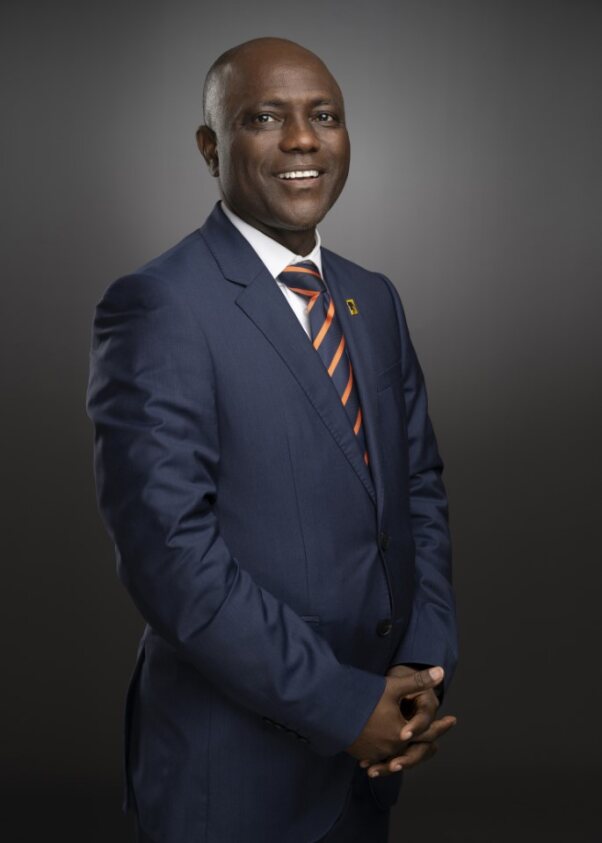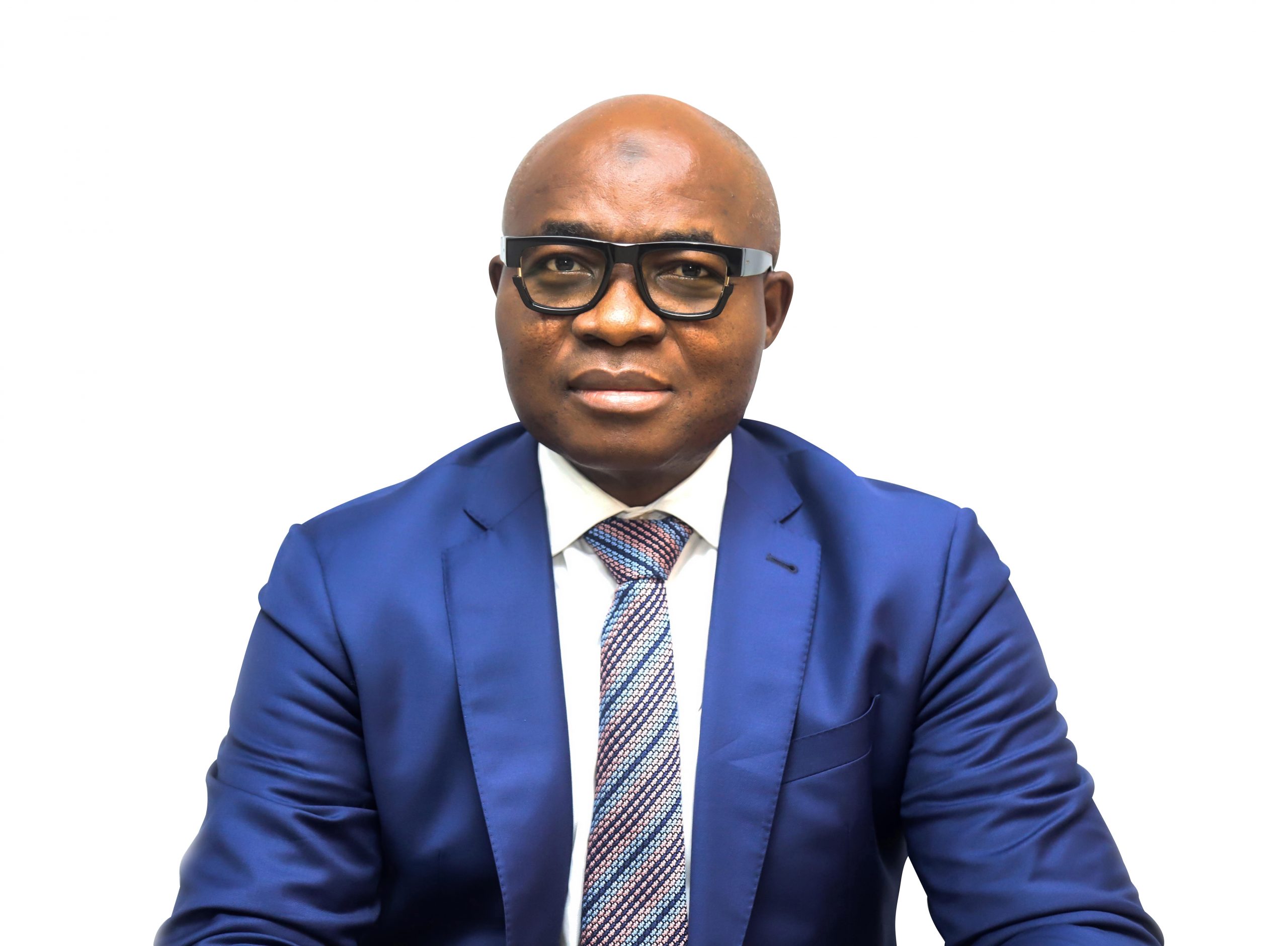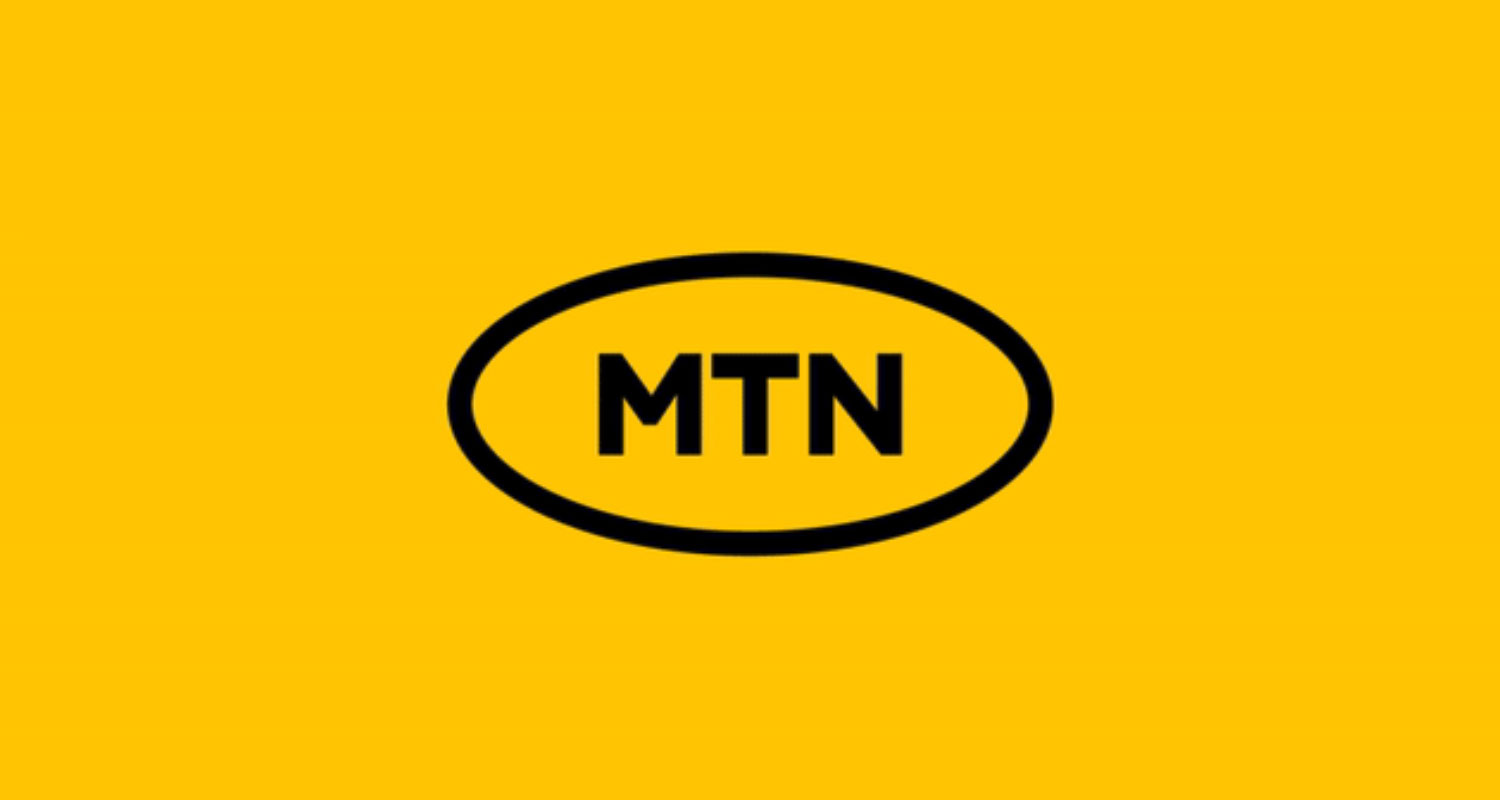Mrs. Brenda Nwagwu is the Principal Communications Consultant at QVT Media. An Accountant by training with a passion for marketing and advertising, she has combined her training and experience in two leading media advertising agencies with her passion, to birth a company that has carved a niche for itself in the Nigerian media advertising landscape. Her exclusive interview with MARKETING EDGE is exciting as it is inspiring. Excerpts:
What informed your Choice of Career? What led you into this field?
I started as an accountant at ARM. While studying accounting in the University, I knew that was not where I wanted to be. My father had insisted that “You need to take a professional course”, and well I did take a professional course but it didn’t just fit me, it wasn’t working and so I took another career path. Following this, I set up a classified ads paper because I believed that Marketing is everything and that’s how it started for me. Within a year, I saw a job ad that said, “Do you like working with figures interfacing with people? The advert was for a job with an advertising agency and it just fit, so I applied and got the job.
How will you assess an accomplished professional?
I would say that an accomplished professional is someone who the industry considers a point of reference, especially in terms of the subject matter of our profession; whether it is about creativity or tech in advertising. Tech is big now and everybody is working to automate processes across every industry, to make it faster, to make it more efficient and to make it more intelligent. You have to be the go-to person for a specific skill or expertise. That is what I understand as a professional; somebody who knows his onions, to whom skill is key. The second thing is consistency, they know you for this, they know you for your stand and your word is your bond.
What impact do you see professionalism play in the success of entrepreneurship?
It ensures your customers come back and it ensures that they prefer you because that’s how businesses grow. Word of mouth is the strongest thing you could possibly have, a good referal from a client that you have worked with. Professionalism gives clients the confidence that you know what you are doing; that your output is quality and that you are striving for excellence at all times. So, what it does to entrepreneurship is that it levels the playing field. For example, right now even in the industry, there are quite a few small agencies competing with the “big agencies” because they can be professional and turn out great work, especially in the creative space.
How has it been growing through the ranks to become a company CEO?
I don’t consider myself a CEO. In fact, I don’t have “CEO” printed on my card, my designation is “Principal Communications Consultant”. I think that in any field that is a profession, the best you can be is to start right from the ground up. When I started as a media planner, I worked in every unit, and then of course I took my APCON exams and got more exposed to other areas of advertising, including copy writing, even though I was working in a media agency. I was employed as a planner but I learnt buying. Within my first year at MediaReach, I was part of the team that built the software that would help our deployment of media purchase orders. The main objectives were to reduce errors and to speed up the process. It is therefore necessary to start right at the bottom so that if you understand the entire structure and processes, then you can grow it and you can build it again and again.
I moved on to the sponsorship unit and set up a company called B2YB, within the same group. This company was basically into content marketing and management for clients. After 8 years at MediaReach, I left for Allseasons Mediacom, now AllSeasons Zenith. I loved working in those two companies and they were, and still are, leaders in the Industry. I learnt the technical aspects and subject matter knowledge at MediaReach, while I picked up the business angle and management from Dr. Ken in Mediacom. He is an economist and he is always about the bottom line. The experiences offered me a very good foundation that has enabled me to build my company today.
So what really inspired you to get to this level?
In terms of inspiration, whatever I start, I don’t want to stagnate. Wherever I am, I look towards the top; the only thing that motivates me is that there is actually a space at the top. If there is no space at the top then I ask myself, what am I doing here? When I first started in this industry, I found out that many top agencies were managed by men. In fact, when I attend MIPAN meetings there are at least 85% men. The situation has improved because women are better represented than before where you would probably find only men at the table. It’s wonderful that women are taking the mantle of leadership in the industry and showing that they can hold their own.
What things do you consider as basic challenges of the business and of the industry generally?
Funding is the number one challenge. There are also huge debts in the industry and that’s why funding is rather difficult. Professionalism in that aspect I think is the biggest issue; and it cascades down. If Mr. A doesn’t pay Mr. B, Mr. B cannot pay Mr. C and sometimes it is a case of Mr. A and/or Mr. B trading with Mr. C’s funds. For instance, I’ve had some clients pay for services after two years of running a campaign. How then do you explain to the owner of the media house why he has not received his money two years after? Then again, you have some agencies that receive the money and then don’t pay.
The other challenge is professionalism. In the Industry you find a lot of people who think they are in a marketplace. Recently, I visited a company, and after I finished discussing a transaction, I was asked, “so how much are you going to pay to facilitate the deal” and I said “facilitate what?”. Such people are prepared to go into negotiation with a party who has little or nothing to offer as long as “facilitation fees” are made available. Professionalism goes hand in hand with integrity and that’s a major challenge in the industry and, in fact, in Nigeria as a whole.
What things would you proffer as solutions to addressing these problems?
For funding, I think banks are not yet hungry probably because they have found ways to charge customers for keeping their deposits. They don’t realise that their real job is to provide loans/funding for productive, wealth-creating activities. But, again, many Nigerians who take loans are very irresponsible. They take loans and are not planning to pay back; so they mess up the opportunity for the next person. No doubt, we need some patient capital; we need money that will allow the industry to be creative and to grow at a normal, steady rate. Some people will give you loans at 10 percent per month. Why can’t I get 10 percent per annum and get the funds for 5 years, so that I can grow my business?
What are your viewpoints concerning industry regulations – APCON, MIPAN and the likes?
I was a member of the panel of judges at the ADVAN awards, representing MIPAN on that panel. I enjoyed the experience and it’s something I know would raise the standard of practice and quality creativity if it can be implemented very objectively across the different sectoral bodies in our industry.
For APCON, I think the biggest challenge currently is the fact that the Council is still not set up and we are really looking forward to this being resolved as it’s affecting the industry quite negatively. In fact, the most recent pronouncements from APCON were not so complementary, where they were talking about regulating digital and social media because they were not speaking from a point of knowledge. They need to work and understudy a digital agency so they can understand what they want to regulate; it’s very important. You can’t regulate what you don’t understand because you won’t even know where to start. The Council is very important, so that there will be sanity in the industry. For me, that’s a big concern.






Comment
No comments found.